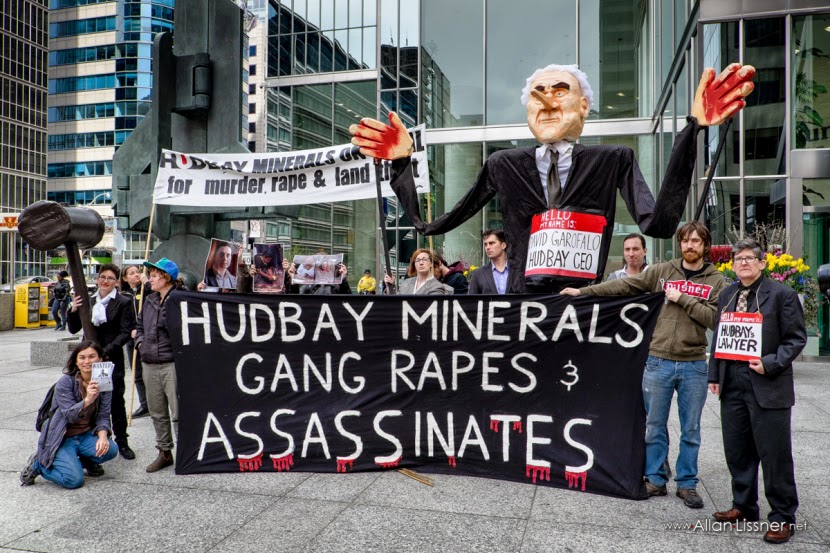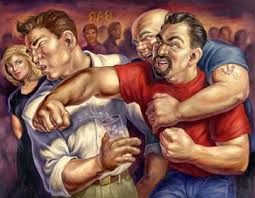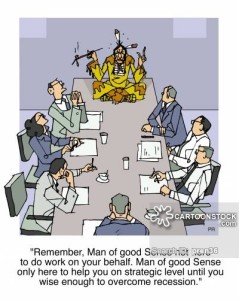 |
| Save the Confluence photo |
By Brenda Norrell
Indigenous Resistance
French translation by Christine Prat
http://www.chrisp.lautre.net/wpblog/?p=2510
Dutch translation by Alice Holemans NAIS
http://www.denaisgazet.be/nieuws
ALBUQUERQUE -- The All Pueblo Council of Governors voted to oppose the Grand Canyon Escalade project on sacred land near where the Colorado and Little Colorado Rivers converge.
The Pueblo Council joined Hopis when the Council passed the resolution opposing the project, stating that the tram and tourism development would violate sacred springs and prayer places and violate the final resting place of ancestors. Already Hopis cited the development as a threat to religious freedom.
Navajos living in Bodaway Gap, on the western edge of the Navajo Nation, have been fighting the project. The Save the Confluence website describes the fragile ecosystem and the threat to the traditional Dine' way of life.
Among the Confluence Partners pushing for the development is former Navajo President Albert Hale. Hale resigned as Navajo president during a financial corruption probe of his office, and exposure in Navajo Times of his public affair with his press secretary, and was quickly appointed to fill a vacancy in the Arizona Legislature by the governor.
In September, Hopi Chief of Staff Marilyn Fredericks, on behalf of the office of Hopi Chairman Herman Honanie, released the following statement, after the Zuni Pueblo, Acoma Pueblo and Laguna Pueblo joined the Hopi Tribe in opposing the Grand Canyon Escalade project.
"The Pueblo people have historically come together to join forces against threats to their land, culture and lifeways.
"On Aug. 18 another historical coming together to protect the confluence of the Colorado River and the Little Colorado River took place in Zuni Pueblo and resulted in unanimous opposition to the Grand Canyon Escalade Project by the Governors of Zuni Pueblo, Acoma Pueblo, Laguna Pueblo and the Hopi Tribe. Ongtuppqa, the Grand Canyon, is spiritually significant to the Hopi, Zuni, Acoma and Laguna people.
"Hopi Tribal Chairman Herman G. Honanie, Vice-Chairman Alfred Lomahquahu, Hopi Tribal Council Members George Mase and Lamar Keevama, Zuni Pueblo Governor Arlen P. Quetawki, Sr., Acoma Pueblo Governor Fred S. Vallo, Sr., and Laguna Pueblo Governor Richard B. Laurkie, all voiced their unanimous opposition on behalf of their respective governments.
"In 2012, when Hopi religious leaders voiced their concerns related to sacred sites, the Hopi Tribe enacted Resolution H-113-2012 in opposition to the Escalade Project. The Hopi Tribe called on other tribes, the Inter-Tribal Council of Arizona, National Congress of American Indians, and the National Park Service to join the Hopi Tribe in opposing the commercial development. Since that time the Hopi Tribe has voiced its concerns to the Navajo Council, to Navajo President Shelly and we are actively pursuing all avenues of opposition to the Grand Canyon Escalade Project.
"On June 16 Zuni Pueblo enacted Resolution No. M70-2014-Q066, asserting aboriginal and ancestral ties to the Grand Canyon, their relationship with the Canyon through sacred sites, shrines, springs and pilgrimages to the Canyon and strong opposition to the proposed Grand Canyon Escalade project.
"On August 20 the Zuni Pueblo and Hopi Tribe formalized their opposition by petitioning the All Pueblo Council of Governors to support the coalition of the Hopi Tribe, Zuni, Acoma and Laguna Pueblos in their sincere efforts to protect the confluence against commercial development and wrongful exploitation that threatens traditional cultural properties shared by several tribes who have a direct religious connections to the Grand Canyon.
"Should the Grand Canyon Escalade Project become a reality, several identified sacred shrines will be disturbed or erased. Sacred sites cannot simply be moved or documented under federal regulations called 'mitigation.' Adverse impact on the animals, plants, water and landscape is inevitable as they are part of life present in the canyon and deserve reverence and respect.
"The Grand Canyon, the Confluence, and the Little Colorado River all have place names that have significance to Native Americans and the general public, described as a "church without a roof" in the New York Times on Aug. 10, 2014. However, it is much, much more to the Hopi Tribe. The geological landscape of the Grand Canyon is part of the aboriginal lands of the first inhabitants of the Colorado Plateau. The Zuni, Laguna, Acoma and Hopi will continue to exercise their religious obligations and pilgrimages to the ancestral sacred sites in the Grand Canyon. Ongtupqa, in its natural state, is certainly eligible as a World Heritage Site and the Hopi Tribe calls on Ann Kirkpatrick and the Arizona Delegation to join the Hopi, Zuni, Acoma and Laguna pueblos to protect this National Heritage Site.
"The entire region of the Grand Canyon and Colorado Rivers continues to be under threats that will forever change the landscape. It is of paramount importance that the Grand Canyon Escalade Project be seen as a very real threat to the religious freedom of Native Americans who view the Grand Canyon as their place of worship," the Hopi chairman's office said.











.jpg)



